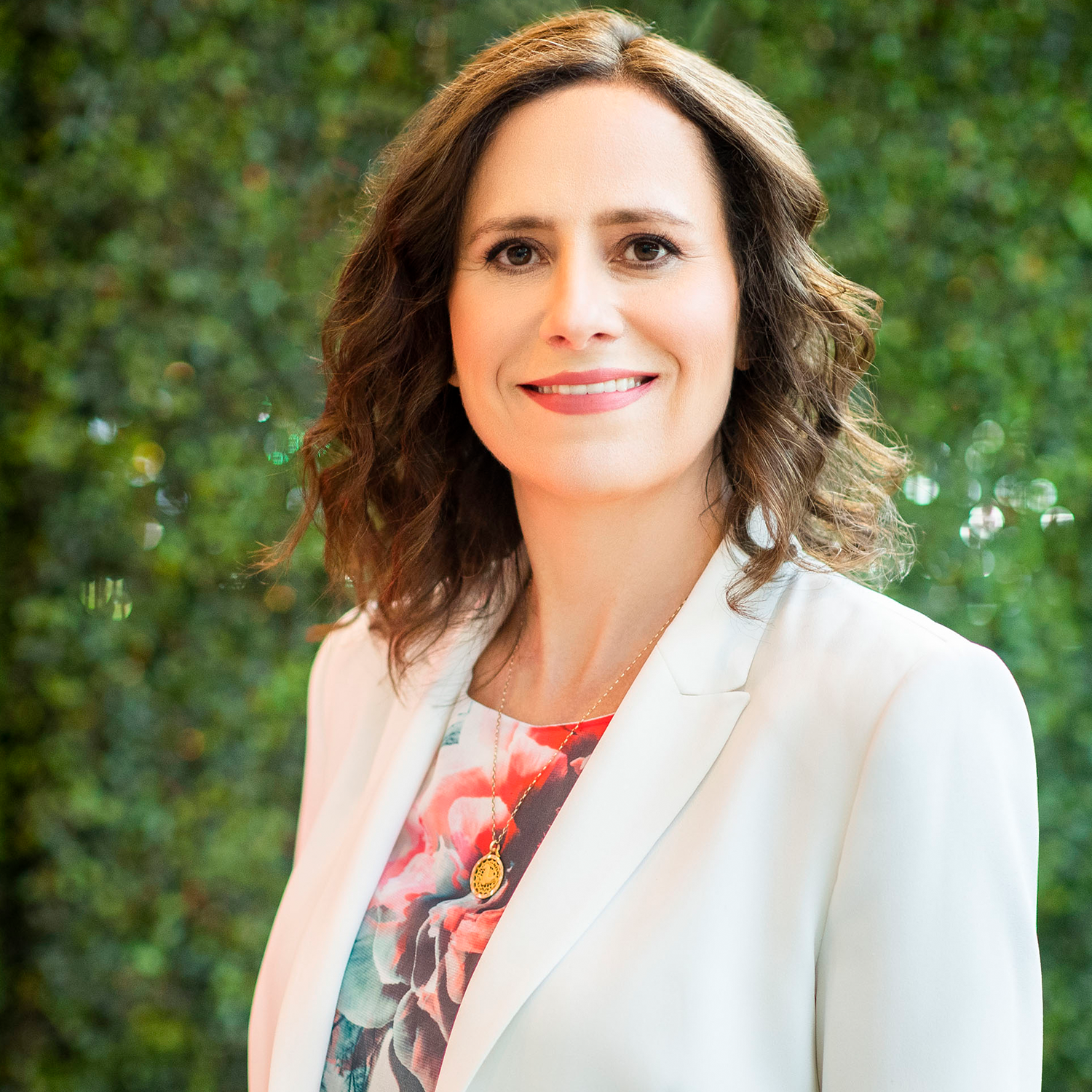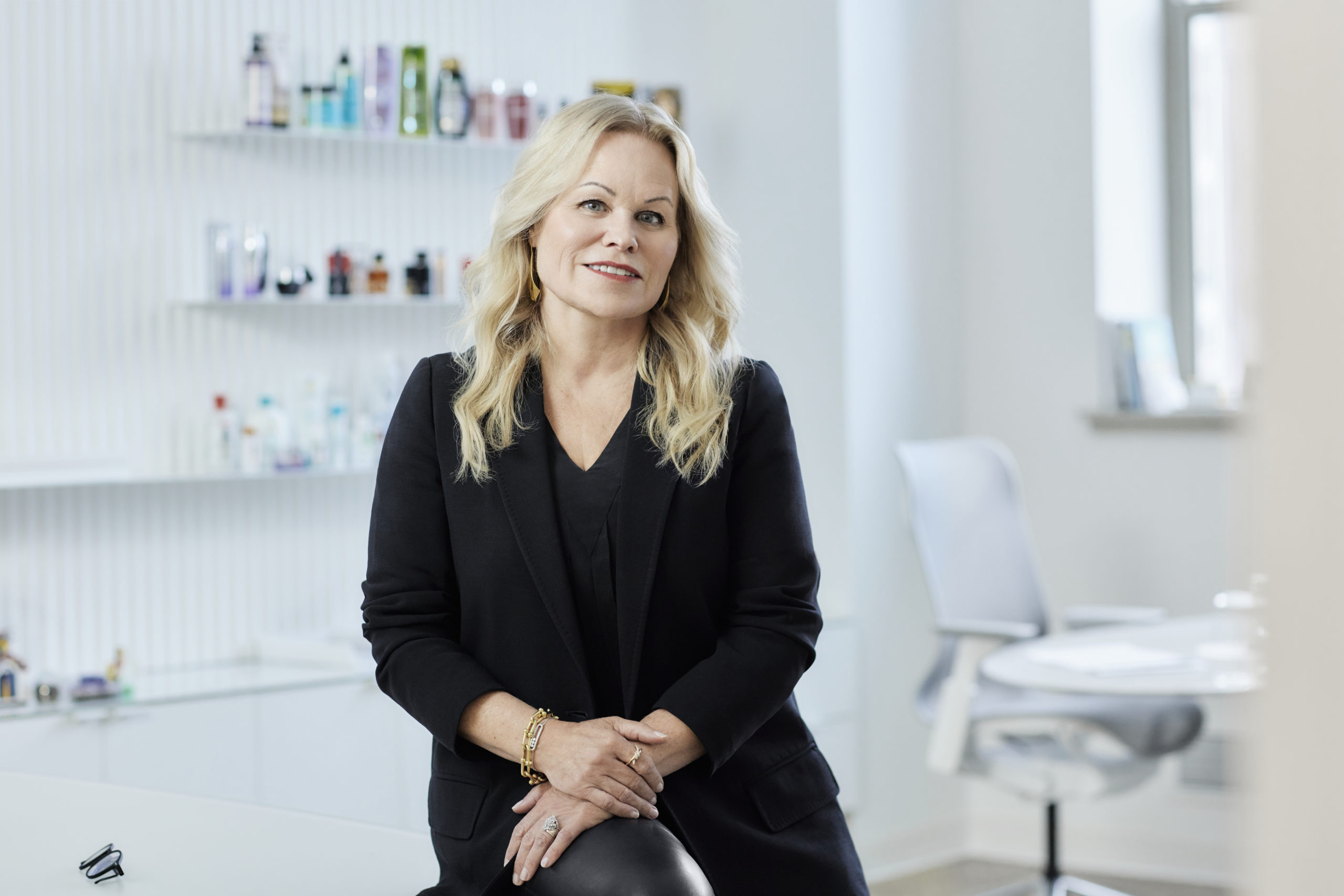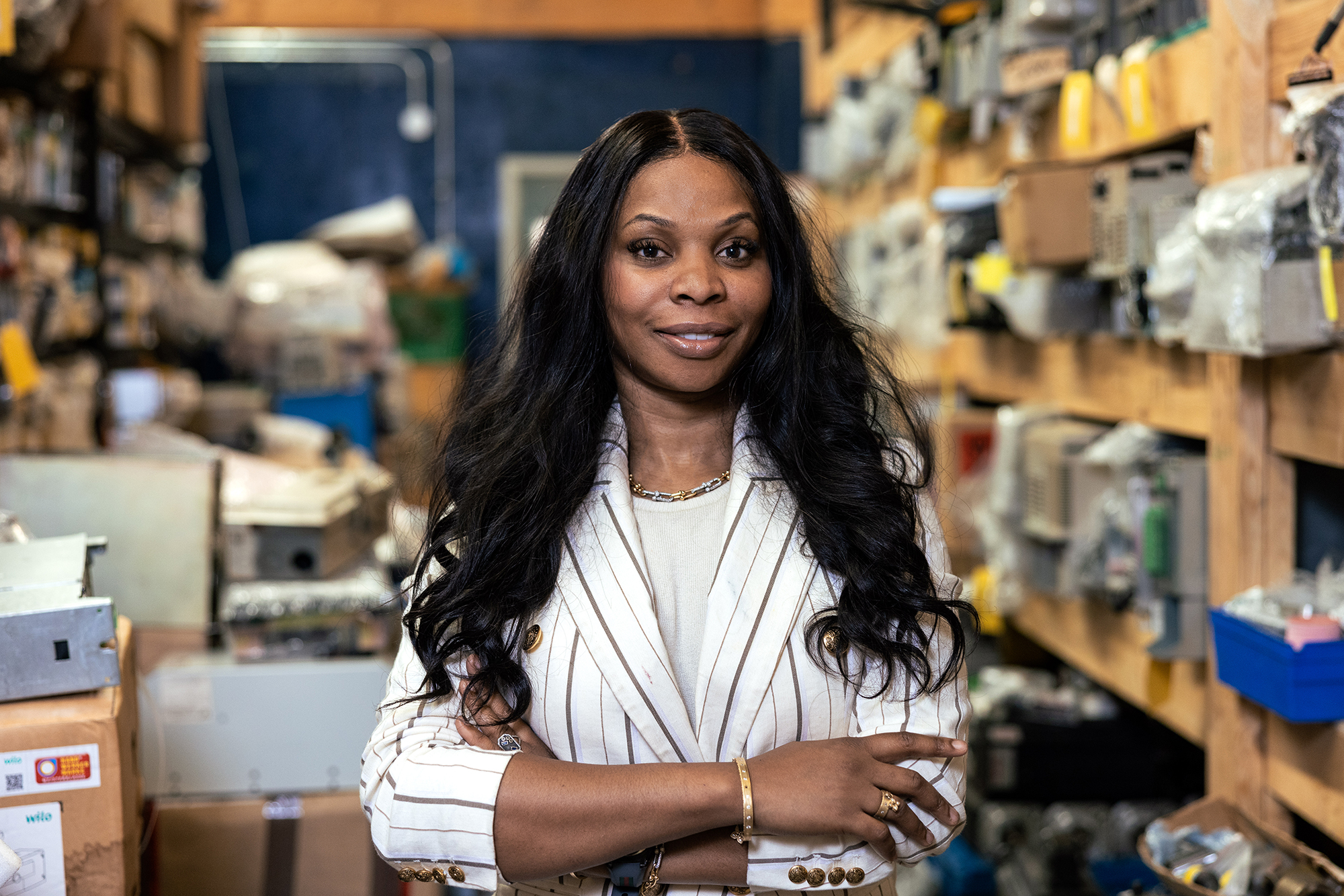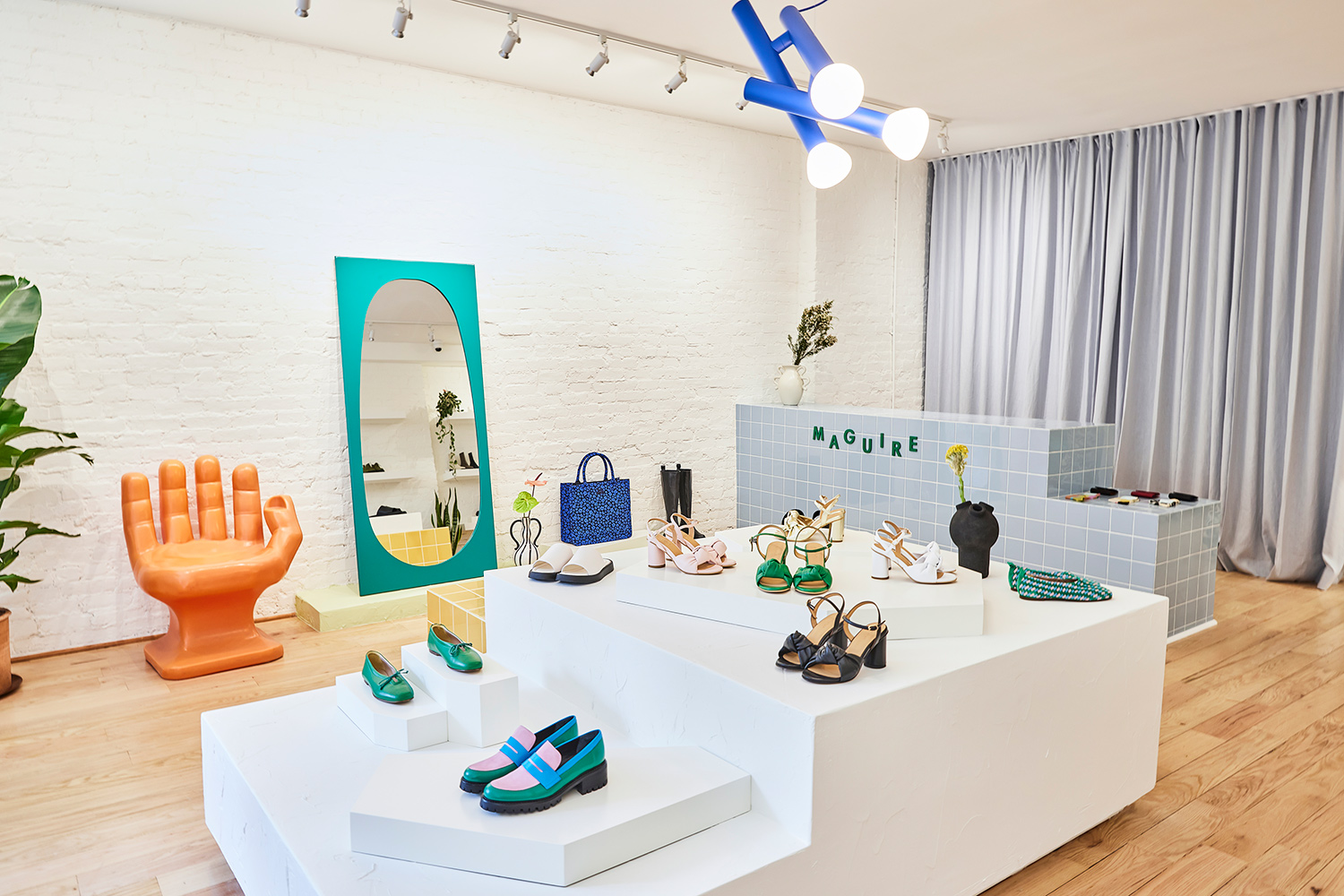One-On-One with Noura Sakkijha, Co-founder and CEO of Mejuri
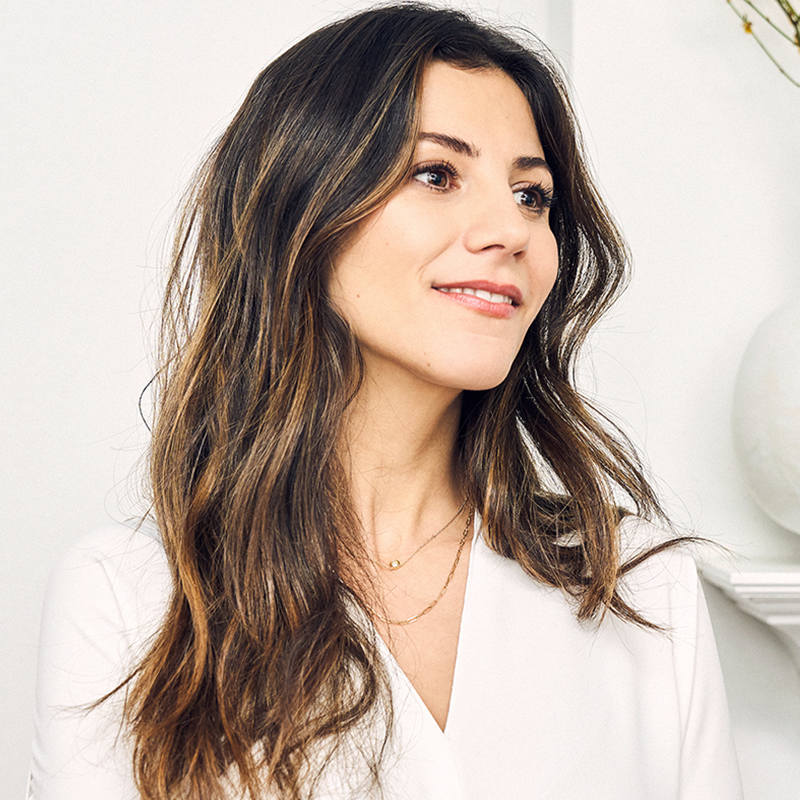
Canadian Business is back. Today’s CB is all about profiling and connecting innovative leaders who are changing Canada for the better.
Canadian Business gives these leaders—and those who want to learn from them—the resources, networking opportunities, and inspiration to innovate, connect and continue to challenge the status quo. One of the ways we are doing this is through the Canadian Business Leadership Circle, CB’s leader-in-residence program where each month we engage a different C-suite-level executive making an impact in their field. As part of the program, readers will have the chance to connect with these execs for mentorship and professional development through exclusive content, virtual fireside chats, and more.
Our leader-in-residence this month is Noura Sakkijha, co-founder and CEO of Mejuri, a leading Canadian jewelry company. Sakkijha spoke with CB about how her own background helped her shape a new kind of jewelry company, how Mejuri sets itself apart from other brands, and the importance of community in empowering consumers.
What drew you to a career in the jewelry industry?
Growing up in the industry gave me a perspective on how traditional fine jewelry can be typically gifted and marketed for men to buy for women. I wanted to create the next-generation brand and flip the narrative to self-purchase, or as we say at Mejuri, “buy yourself the damn diamond.”
What did your experience studying engineering and consulting for financial institutions teach you about jewelry?
I was genuinely interested and passionate about industrial engineering and supply chains in particular—and I’m grateful that I pursued it. I learned so much from my experience in engineering that helped me build Mejuri. I still describe myself as an engineer because I’ve always seen engineering as a way of thinking; I still use the analytical skills I gained to make business decisions and in creative development.
How would you describe Mejuri’s mission as a leading Canadian brand?
From the beginning, our mission has been fine jewelry for every day. We believe in jewelry as an expression of self—it can mean whatever you want. You can wear it when you want, buy it when you want, gift it, or reward yourself with it and keep it forever. There is something empowering about flipping the narrative, removing the rules and simply celebrating yourself in your own way. Our mission is to be the number one global fine jewelry brand for the next generation. This isn’t just about offering high-quality pieces; it’s about how we create positive change within our community.
What sets Mejuri apart from the other top global jewelry brands in the market today?
The jewelry industry is large, and luxury brands have always been key players, but I believe there is room for different angles and brands to exist and grow. I started Mejuri to democratize the industry and encourage our community to purchase for themselves as opposed to waiting to be gifted.
Since inception, our community has been at the core of everything we do. Our main priority has been nurturing and strengthening our relationships with community members and leveraging their feedback to make design decisions and introduce new products or trends. We were one of the first brands to launch as a direct-to-consumer fine jewelry platform for women to buy jewelry for themselves, and we pioneered the weekly drop model in fine jewelry. Our brand ethos—empowering individuals and celebrating ourselves and one another—hasn’t changed since day one and has always resonated with our customers. We continue to tell this narrative through various campaigns and partnerships.
We’ve nurtured an incredibly strong in-house team who oversee everything from creative (led by chief creative officer Justine Lancon, a founding member and the right to my left brain) to product design, marketing and technology, customer service and distribution. This allows us to own the customer experience from start to finish and cultivate a close and direct dialogue with our customers across all channels.
What emerging trends in the jewelry industry and changing consumer behaviours, especially during the pandemic, have you observed? How do they impact your business?
Incredibly, we saw a 66 per cent increase in gifting during the pandemic. Since people couldn’t be with one another, they turned to jewelry to make remote and more personalized connections. While we are digital-first, the shift towards e-commerce encouraged us to double down on our online experience so that we could sustain a meaningful relationship with our customers during this time. For example, we focused heavily on Style Edit, a platform featuring creatives and industry people who share styling advice, so that we could continue to inspire our customers and show them the many ways to wear and stack our jewelry.
We also implemented an improved omnichannel experience, such as “buy online” and “pick up in-store”—many customers are now seeking additional touch points to shop with us. Our customers really looked to us during this time to make positive changes as our platform grew. We have always felt an innate responsibility to ensure this permeates through the content we create, the voices we amplify, or where we are investing back into our community through our Empowerment Fund, introduced in June 2020, to support women with the tools and community feedback to empower themselves.
While your business relies on craftsmanship to create products and global supply chains to distribute them, Mejuri is also a tech success story. What is it about Canada’s tech ecosystem that enabled Mejuri to grow, scale and flourish?
There is a lot of excitement and support within Canada’s tech ecosystem; I have built strong relationships with people in the industry who have given me great advice over the years. We were lucky to receive so much support and access not only from them, but from the government funded programs that support entrepreneurs within the tech industry.
What values drive you as a Canadian business leader?
We are proud to be a Canadian business and sit amongst some incredibly talented brands. Some of our very first Canadian customers are still shopping and interacting with us six years later. The relationships we hold with our community enables us to continue delivering new and innovative pieces. Canada is an incredibly diverse country, and we aim to implement this value and culture both internally and externally. Mejuri has nurtured an inclusive spirit since our inception and have always believed that jewelry transcends any classification.
What advice do you have for emerging Canadian entrepreneurs inspired by your story?
First, it’s important to determine if you have the right product fit before jumping into paid acquisition. Once you do, surround yourself with a great team of experts and build trust with them. I wouldn’t have been able to succeed without my talented team and advisors. Most importantly, embrace failure—it’s a data point. You tried something and it didn’t work so you did something about it. It’s a positive thing!


